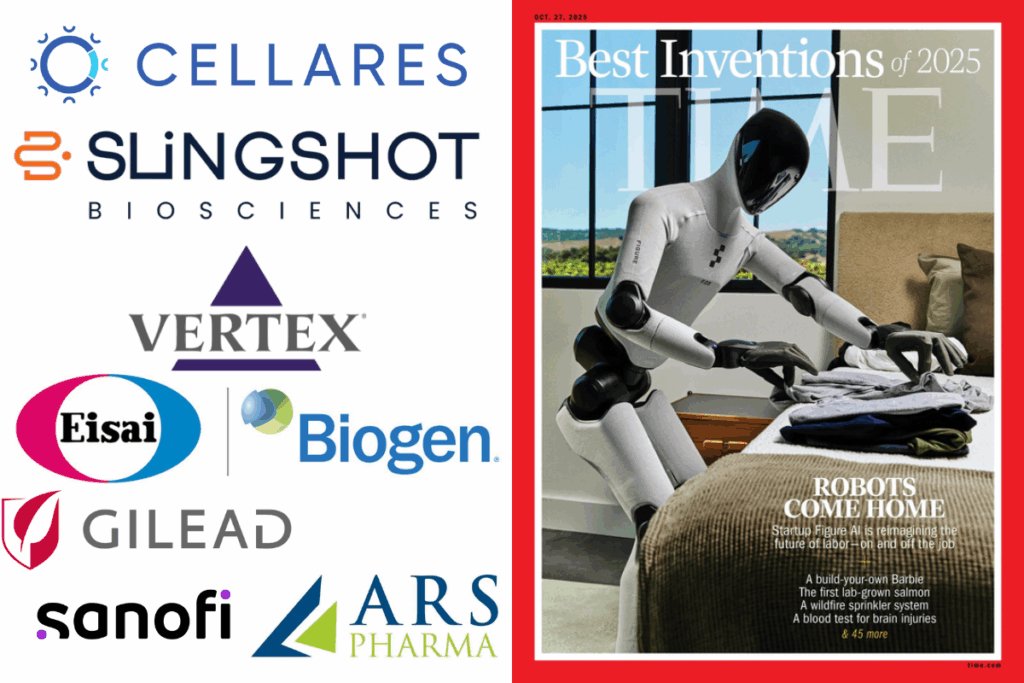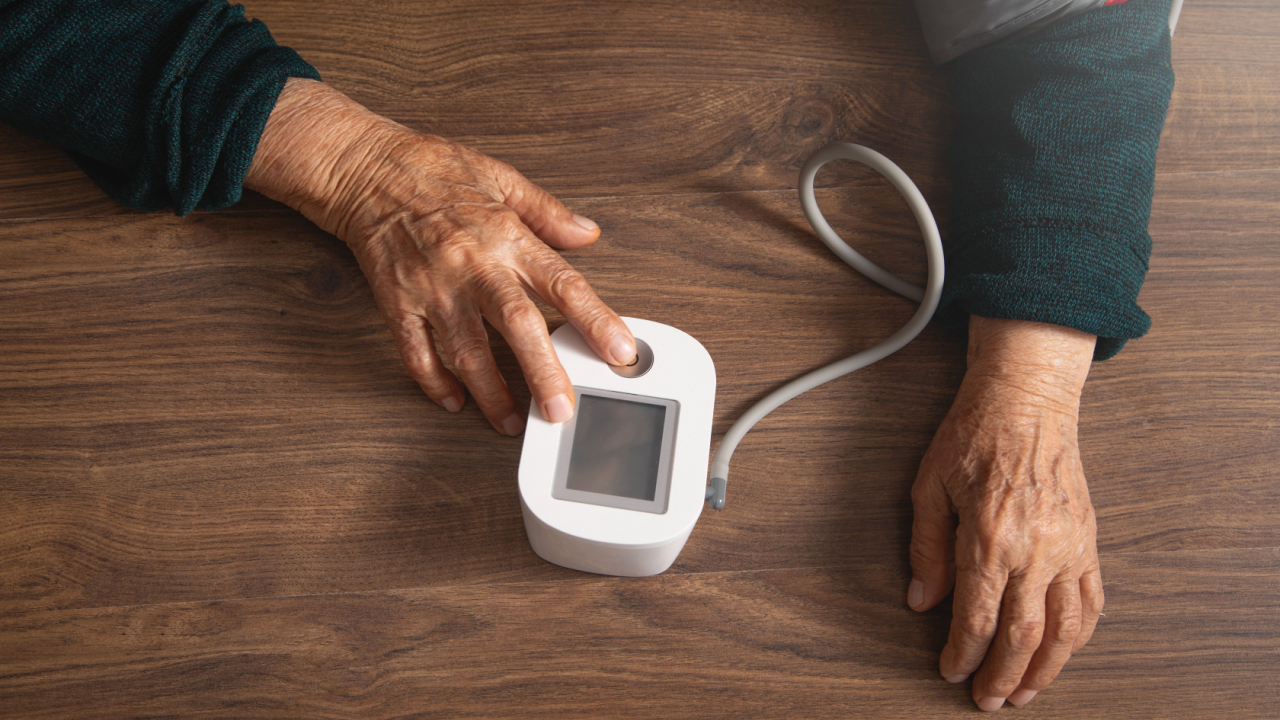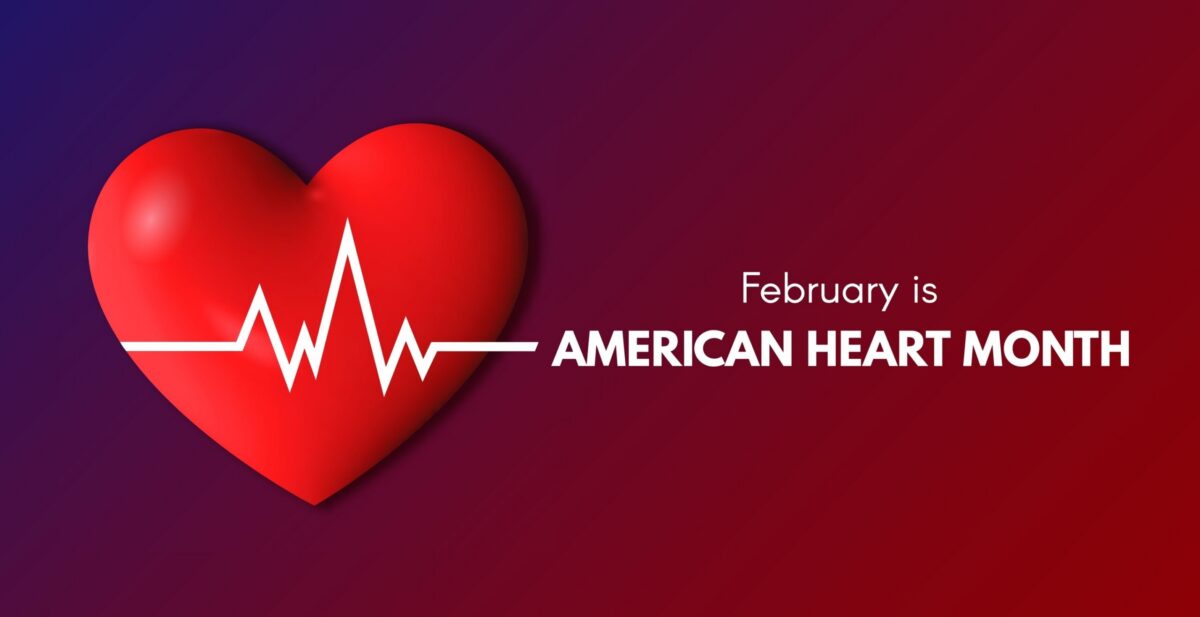In 2025, biopharma companies are building therapies faster, smarter and with greater purpose by turning genetic insights, AI and automation into life-changing results.
Companies that have focused their pipelines on select therapeutic areas are now outperforming diversified peers by more than 60% in shareholder return. At the same time, first-in-class drugs have doubled since 2000.
Beyond the drive to develop more innovative medicines, biopharma companies are leaning toward higher-value partnerships. Data from 2024 point to a deliberate focus on select, late-stage or clinically validated assets rather than broad early-stage bets.
This year, TIME’s Best Inventions of 2025 captured some of that momentum.
The following selected pharma and biotech breakthroughs from TIME’s list reflect an industry evolving beyond discovery to delivery.
ARS Pharma: neffy (epinephrine Nasal Spray)
San Diego-based ARS Pharma developed neffy, the first FDA-approved needle-free nasal spray for treating allergic reactions and anaphylaxis in adults and children. In 2025, the UK approved EURneffy.
The spray delivers epinephrine through the nasal lining, achieving blood levels comparable to those achieved with injections in studies. Neffy offers a more portable and user-friendly alternative to traditional epinephrine auto-injectors.
Cellares: Cell Shuttle (Automated Cell Therapy Manufacturing)
South San Francisco’s Cellares developed the Cell Shuttle, an automated platform that integrates all stages of cell therapy manufacturing into one closed system. Granted the FDA’s Advanced Manufacturing Technology designation, it helps companies scale and optimize production.
In 2025, Cellares partnered with Slingshot Biosciences to incorporate TruCytes biomarker controls into its Cell Q quality control platform, improving reliability across global sites as well as patient access.
Eisai & Biogen: Leqembi Iqlik (lecanemab-irmb, Subcutaneous Injection)
Eisai and Biogen’s Leqembi Iqlik (lecanemab-irmb), FDA-approved in 2025, introduced the first anti-amyloid Alzheimer’s disease therapy that can be self-injected at home. The once-weekly autoinjector maintains the clinical and biomarker benefits of the IV form while reducing infusion-related side effects.
Designed for patients with early-stage disease, the device shortens treatment time and lessens the burden on infusion centers. Leqembi Iqlik became available in the US on October 6, 2025.
Every Cure: AI-Driven Drug Repurposing
Philadelphia-based Every Cure is an AI-powered nonprofit dedicated to finding new uses for existing drugs. Backed by $60 million through TED’s Audacious Project and a $48 million ARPA-H contract, the organization’s MATRIX platform applies large language model (LLM) analytics — now enhanced by Google Cloud’s Gemini 2.0 — to predict therapeutic potential across thousands of diseases.
The initiative speeds up lab and clinical validation of promising repurposed therapies, providing likely safer, affordable treatments to those lacking effective care options.
Gilead Sciences: Yeztugo (lenacapavir Injection for HIV Prevention)
Gilead’s Yeztugo is the first FDA-approved HIV prevention treatment offering protection for six months with just two yearly injections. The capsid inhibitor achieved ≥99.9% efficacy in Phase III PURPOSE trials, outperforming daily oral pre-exposure prophylaxis (PrEP) for HIV prevention.
The CDC, WHO and European Union have since endorsed twice-yearly lenacapavir for PrEP. Through partnerships with the US State Department and the US President’s Emergency Plan for AIDS Relief (PEPFAR) and the Global Fund, Gilead is further expanding access.
Sanofi: Modulus (Modular Biopharma Manufacturing Platform)
Sanofi’s Modulus is a digitally intelligent, modular manufacturing facility redefining biologics and vaccine production. With 34 reconfigurable mini-factories, Modulus can produce up to four different biologics simultaneously, reducing changeover times from months to one week.
The AI-powered system coordinates automated vehicles and monitors equipment in real time to predict maintenance needs and keep production running smoothly.
Vertex Pharmaceuticals: Journavx (suzetrigine, for Acute Pain)
The FDA approved Journavx in January 2025 as the first-in-class, oral, non-opioid NaV1.8 pain-signal inhibitor for adults with moderate to severe acute pain. By selectively blocking NaV1.8 in peripheral nociceptors (outside the brain), suzetrigine provides analgesia without relying on opioids.
Vertex is also studying suzetrigine in peripheral neuropathic pain (e.g., diabetic peripheral neuropathy), while pausing Phase III plans in lumbosacral radiculopathy after regulatory feedback.
A follow-on NaV1.8 program (VX-993) did not meet Phase II endpoints in acute pain and has been discontinued as a monotherapy.
If you want your company to be featured on Xtalks.com, please email [email protected].












Join or login to leave a comment
JOIN LOGIN